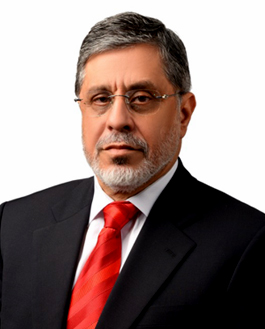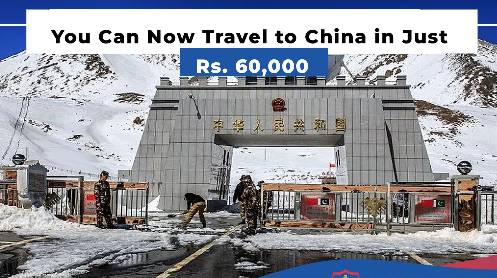ISLAMABAD: The federal government has decided to pursue a plan of hedging 15 million barrels of oil to benefit from the low prices in the global market in the wake of coronavirus lockdowns after finding offshore oil storages as unfeasible because of the higher costs.
Oil had witnessed a drastic decline in the last few months, starting from a price war led by Saudi Arabia and Russia, who perhaps had a common goal of forcing out the American shale oil producers to the collapse, and because of plummeting demand due to Covid-related lockdowns around the globe.
Pakistan’s crude oil import is 68 million barrels per annum. The import of high-speed diesel (HSD) is 19 million barrels and of petrol is 45 million barrels. The liquified natural gas (LNG) stands at 6 million tonnes. This makes the total volume of imports at around 175 million barrels per annum.
The petroleum division has been working with the ministry of finance for the last one month to evaluate the possibilities of hedging some portion of the exposure to Pakistan for import of petroleum products that are directly or indirectly linked to crude prices.
Extensive consultations
This includes crude oil, motor gasoline, HSD and LNG, sources told The Express Tribune. They added that the petroleum division had moved a summary to the Economic Coordination Committee (ECC) of the cabinet for its formal approval.
In order to materialse the hedging plan, several discussions had been held with the Standard and Chartered Bank, Citibank and a consortium of Habib Bank and the JPMorgan to understand the available options and the pricing mechanisms.
The advice from all the three institutions was that since Pakistan was considering oil price hedging the first time, it should start with covering 15-30% exposure. Once this programme is operational, it can consider increasing the coverage and making it an ongoing programme, the sources added.
The sources added that these institutions had also advised that the oil market had been volatile, therefore, Pakistan should wait for a second phase of stability in the prices because the cost of a hedging programme went up in a volatile market.
Considering all the possible hedging instruments, the petroleum division has firmed up two options, which seemed to it as practical to evaluate. First, is a ‘straight swap’, where a variable price is converted to a fixed price or a defined volume and a defined period.
The fixed price will, of course, be higher than the current price as longer the swap, higher the price. The second option is ‘call option’, where prices cap is bought for a defined volume and a defined period of time. This call option has a price, which depends on the length at which the call is set up.
However, after initial discussion, the first structure was rejected because though it gave certainty of fixed price, it took away any benefit of low prices if they declined further.





